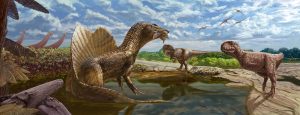Story By: Feza Uzay, Sub-Editor: Joe Golder, Agency: Newsflash
Turkish villagers have reportedly stumbled across the remains of an eight-million-year-old woolly mammoth in a large sand pit.
The mammoth remains were at the sand pit in the village of Buyukdolluk near the north-western Turkish city of Edirne near the border with Greece.
Archaeology experts from Trakya University went to the site to examine the fossils before later concluding that they belonged to a mammoth that lived eight million years ago during the Late Miocene period.
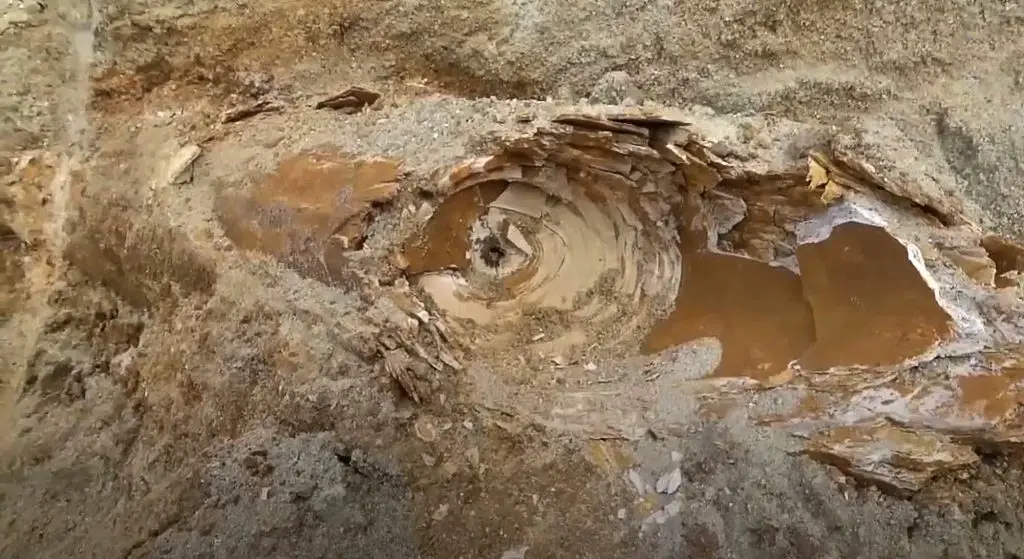
Archaeology Department head Prof. Dr. Ahmet Yaras said: “There should be other finds such as skulls and teeth there as well. If we find more, we should be able to display the mammoth in the museum’s exhibition hall.
He added that the site should be placed under protection as soon as possible.
Prof. Dr. Yaras said: “We can say that there is eight million years of history lying there. They are very rare fossils.
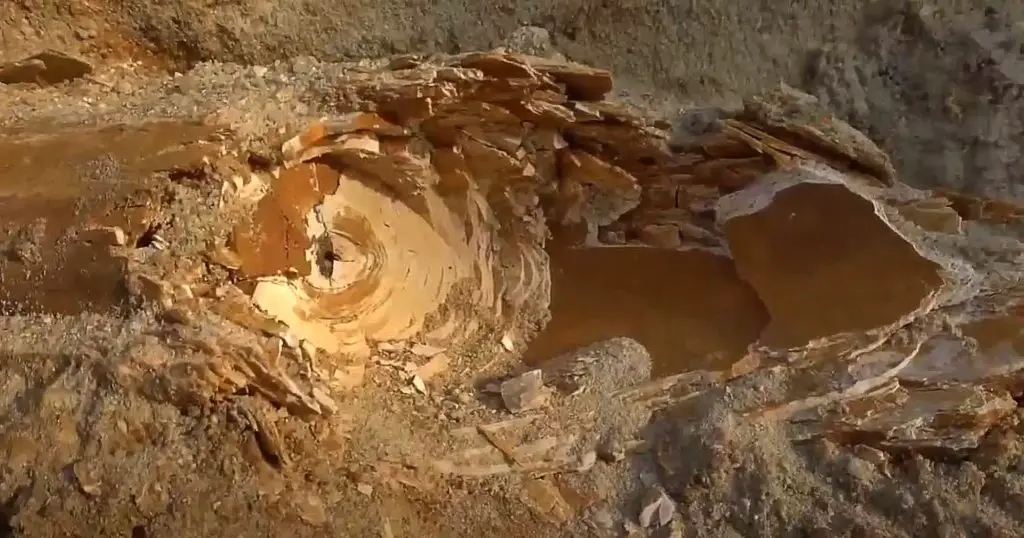
“The fact that mammoths lived in the region show there was life here during the glacial period.”
He added: “This is actually very important for the region’s history.”
Local villager Sami Debreli said: “The discovery has caused a lot of excitement. Fossils dating back millions of years found right here in our village!”
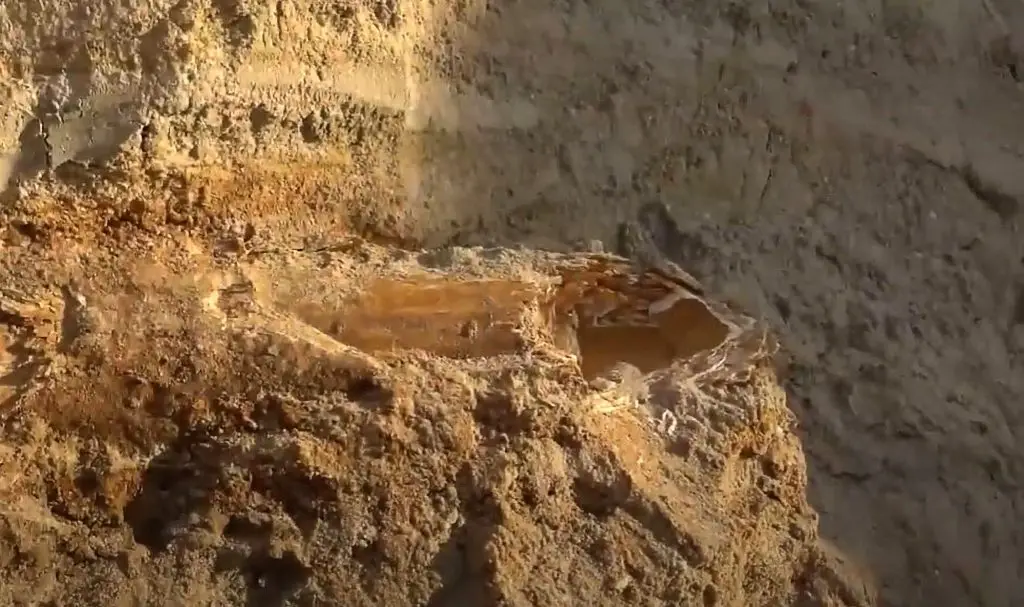
In a similar find last week, a group of fishermen found the remains of two nine-million-year-old woolly mammoths on a rocky beach in the district of Ezine in the city of Canakkale located in the north-western Turkish province of the same name.
Geology lecturer Dr. Sevinc Kapan of the Canakkale Onsekiz Mart University (COMU) visited the area with the fishermen after establishing contact and launched a large-scale study, according to the news source IHA.
Dr Kapan said: “Multiple fossils have been found. One of them is from an adult mammoth that was between 30 and 40 years of age, as far as we can tell from its tooth roots.
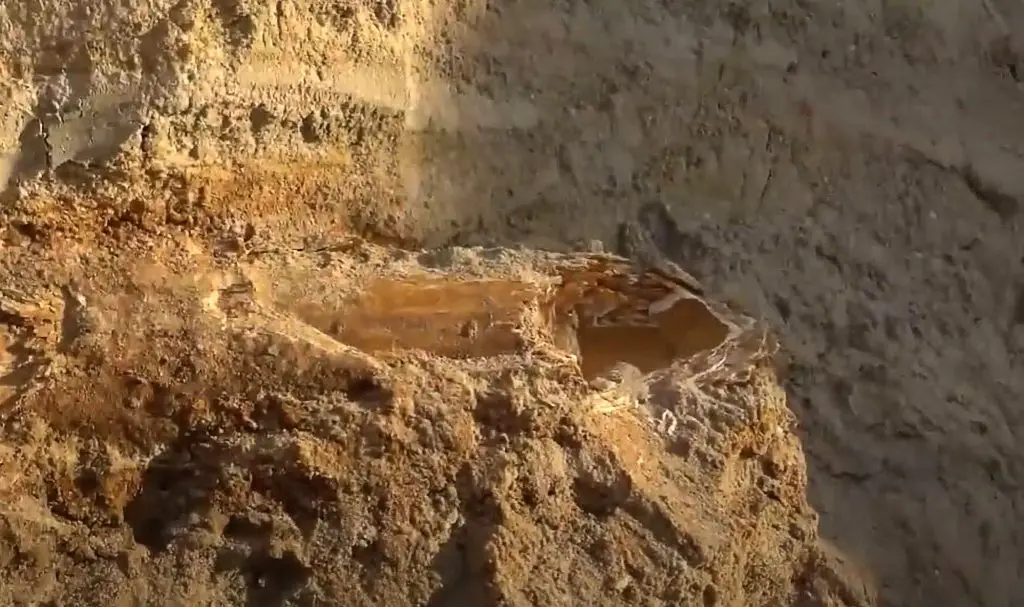
“We think the other mammoth was an infant because its teeth had not started to grow.”
Dr Kapan added “The fossils date back nine million years, according to our estimates. We don’t know their cause of death yet.”
The ViralTab page is created by and dedicated to professional, independent freelance journalists. It is a place for us to showcase our work. When our news is sold to our media partners, we will include the link here.


